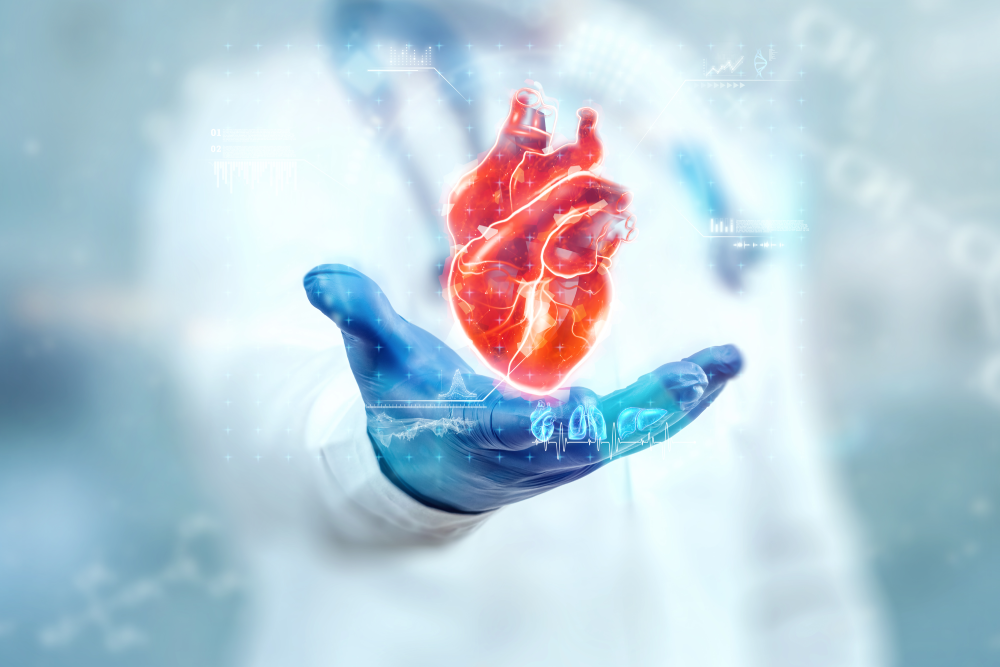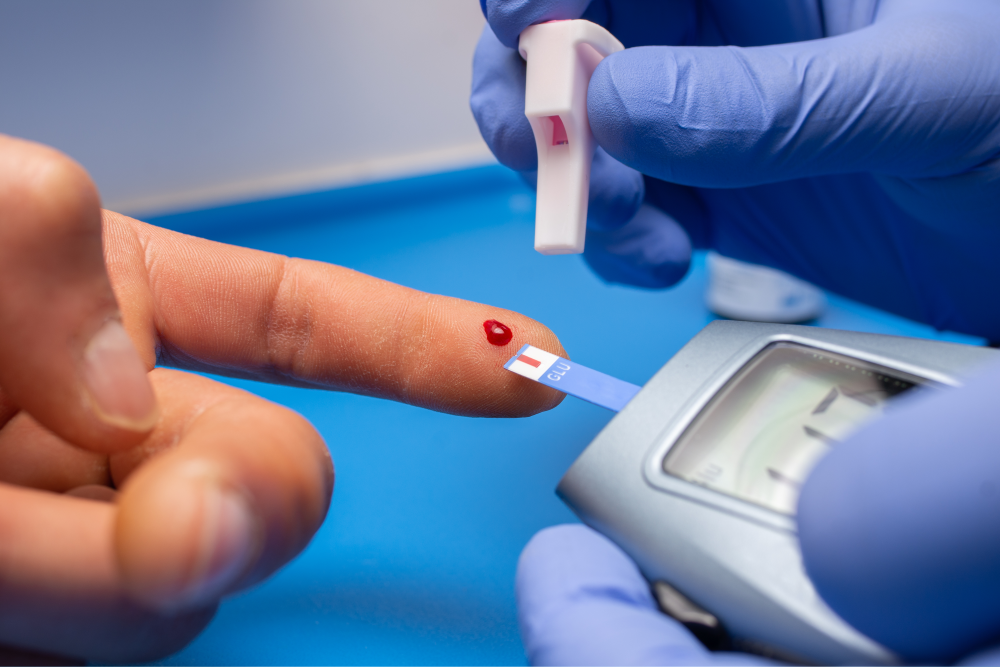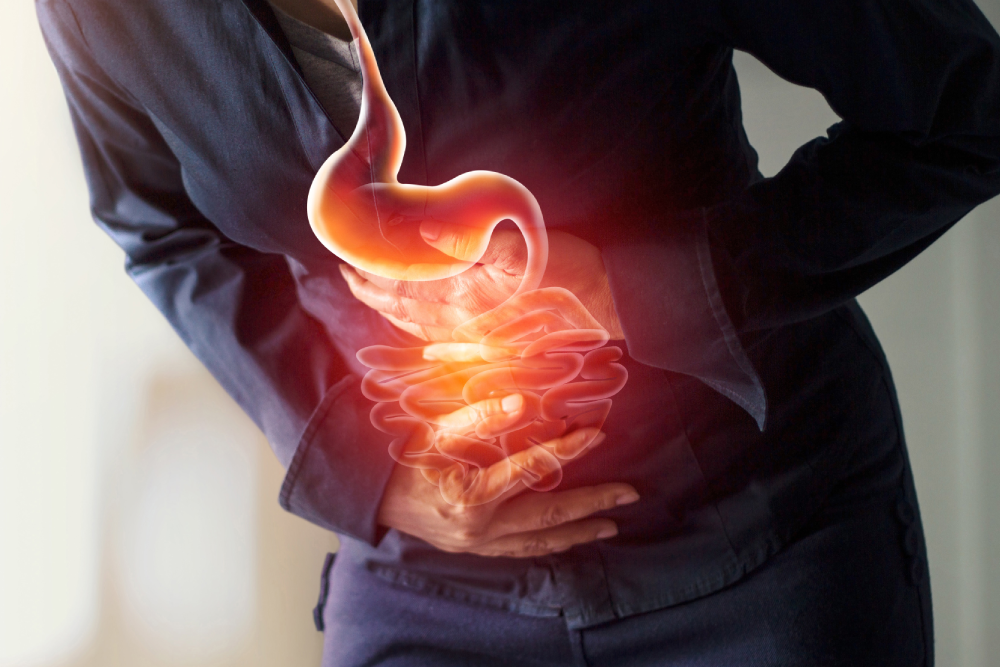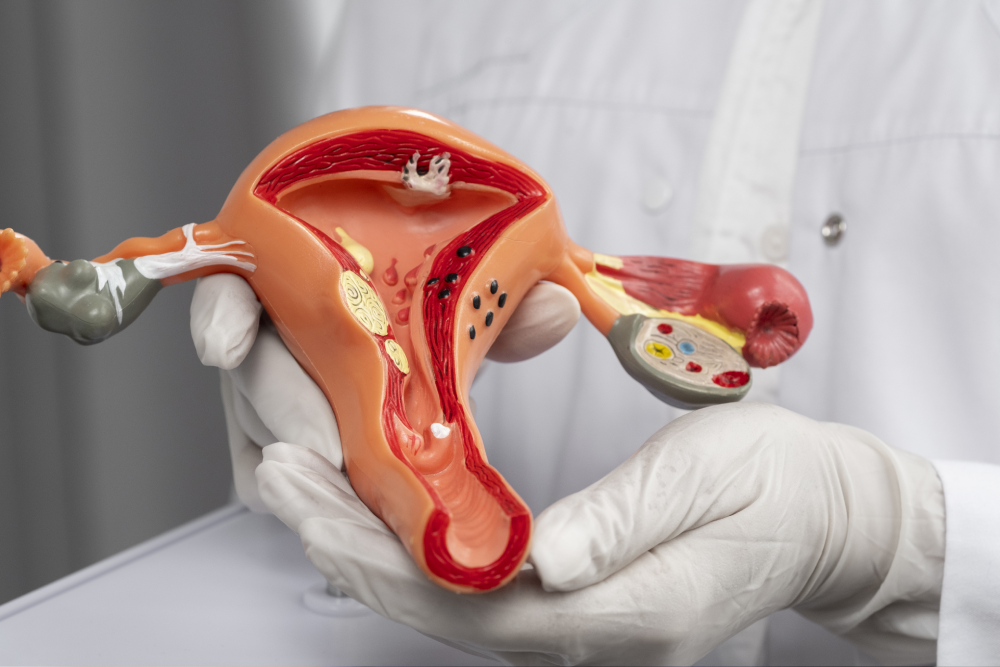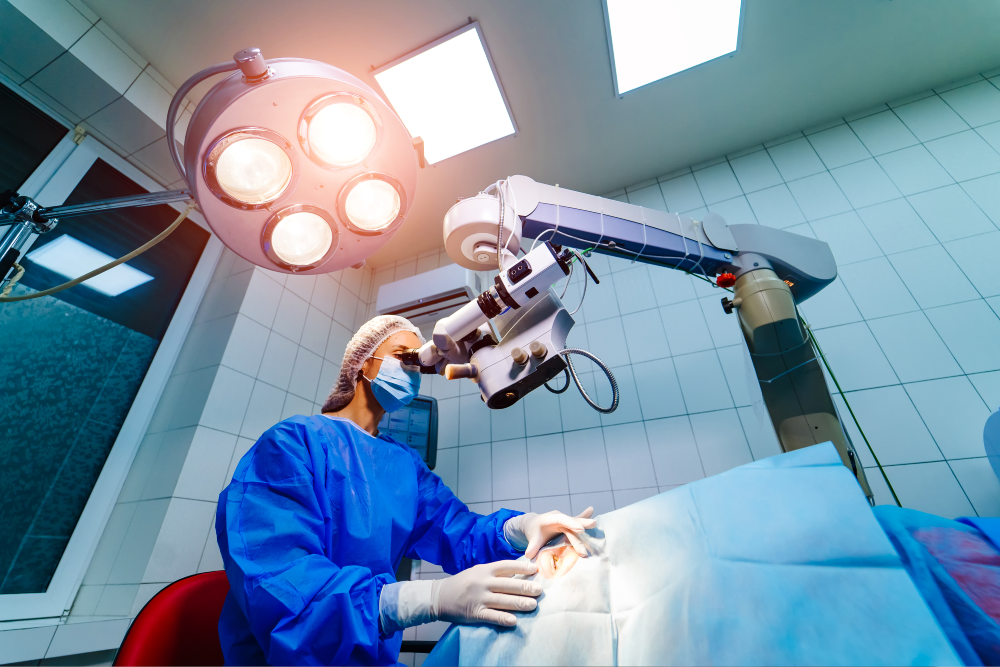Dystonia
- Home
- Our Department
- Gastroenterology
- Dystonia

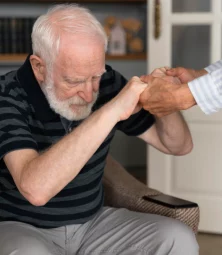

Dystonia Treatment in Coimbatore
Dystonia is defined as a movement disorder that causes involuntary muscle contractions. In this condition, muscles contract uncontrollably, resulting in repeated or twisting movements.
The disorder can affect one area of your body called focal dystonia, two or more neighbouring sections called segmental dystonia, or your entire body called global dystonia & general dystonia.
Muscle spasms can be moderate to severe. They can be painful and can make it difficult to conduct day-to-day chores. Dystonia has no known cure. Medications, on the other hand, can help to alleviate symptoms. If one has severe dystonia, they may need Dystonia Treatment in Coimbatore to block or regulate nerves or specific brain regions. The procedure is conducted at Dr.Muthus Hospitals where medical professionals perform surgery using top-notch technology.
Symptoms
- Dystonia can affect people in many ways. Some of the symptoms include:
- They begin by affecting a specific part of your body. It can be the leg, neck, or arm. After the age of 21, focal dystonia can occur in the neck, arm, or face. It tends to stay focal or segmental.
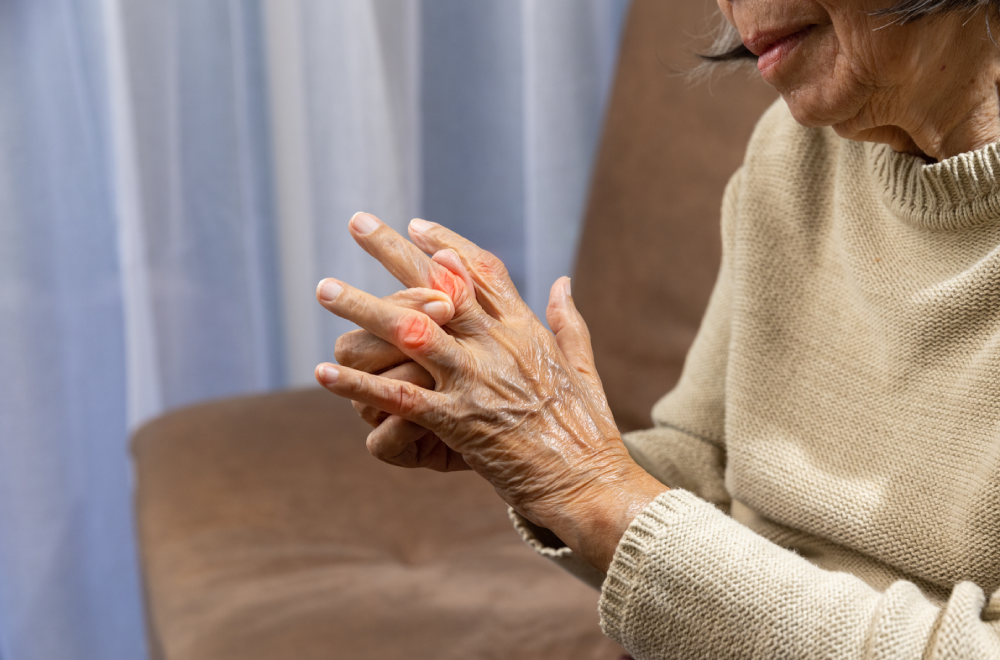
- It can happen when one is doing special focused tasks like handwriting
- Stress, weariness, or anxiety exacerbate the problem.
- With time, they can get worse.
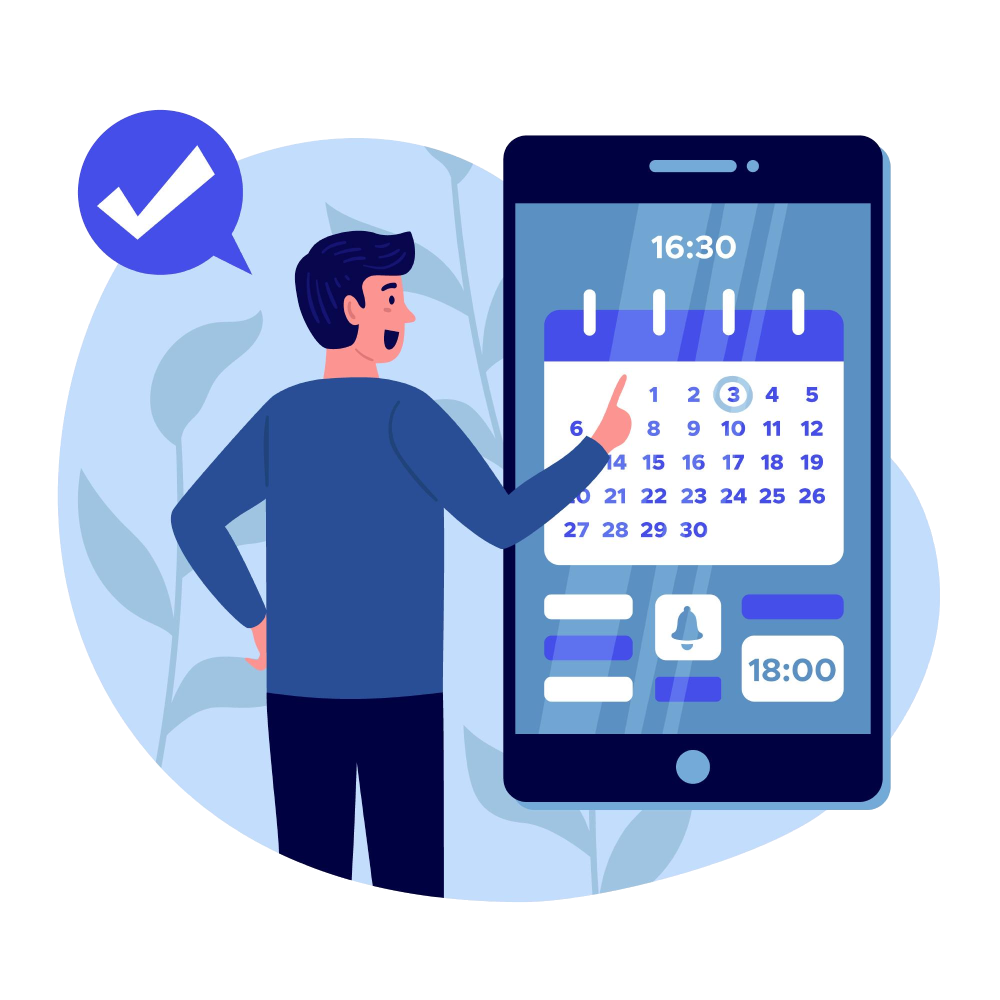
Areas of the body that can get affected
Back of the neck or cervical dystonia: Contractions cause your head to twist and move to a side, and pull forward or backwards. It can be painful.
Eyelids: Your eyes close (blepharospasms) due to rapid blinking or involuntary spasms, making it difficult to see. Spasms are normally not unpleasant. These tend to increase when you’re in bright light, stressed, or engaging with others. The eyes can also go dry.
The jaw or the tongue or the oromandibular dystonia- Slurred speech, drooling, and difficulty in eating & swallowing are symptoms related to the tongue. Oromandibular dystonia is a painful condition that usually arises with cervical dystonia (abnormal contractions of neck muscles) or blepharospasms (abnormal contraction of eyelid muscles).
The vocal cords and the voice box or spasmodic dystonia- It affects voice or speech. You may experience a hushed or whispered tone in your voice.
Forearm and hand- Some dystonia also happen when one is doing something repetitive. It can be writing (writer’s dystonia) or playing a musical instrument (musician’s dystonia).
Risks/ Complications of dystonia
The risks or complications depend on the type of dystonia. The following are the common risks associated with the condition:
- Physical disabilities that cause ill effects on your performance in daily activities or specific tasks.
- Difficulty with vision that affects the eyelids.
- Difficulty with jaw movement, swallowing or language.
- Pain and fatigue by constant contraction of your muscles.
- Depression, anxiety and social withdrawal.
Diagnosis of dystonia
Diagnosis for dystonia includes physical examinations, evaluation of the medical history, and relevant investigations such as:
- Blood and Urine Tests: These tests help to identify presence of toxins and other conditions.
- MRI and CT scan: They both are imaging tests and can determine brain abnormalities such as lesions, tumours, and stroke.
- Electromyography or the EMG: These tests can tell the electrical activity inside the muscles.
- Gene testing: Dystonia can have hereditary causes. These are determined by gene testing.
Treatment for dystonia
- Doctors may treat dystonia using medications or surgery depending on the underlying cause:
- Therapy
- The following therapies can be suggested by the doctor for the dystonia treatment:
- Physical therapy or occupational therapy- to help ease symptoms and improve nerve function.
- Speech therapy if your voice is affected.
- Stretching or massage to relax muscle pains.
Surgery
- Surgery happens when the symptoms are severe-
- Deep brain stimulation (DBS)- It is a type of brain stimulation. Electrodes are surgically placed in one specific area of your brain and linked to a generator in the chest. The generator provides electrical pulses to the brain. This may aid with muscular contraction control. The generator's settings can be adjusted according to you.
- Denervation surgery- It is done selectively. This surgery involves severing the nerves that govern muscle spasms. It may be an option for treating dystonia that hasn't responded well to conventional treatments. Your doctor will also prescribe any medications accordingly.
Why Choose Dr.Muthus Hospitals
Dr.Muthus Hospitals aim is to be India’s most well-known healthcare provider, dedicated to the highest levels of clinical quality and patient care, backed by cutting-edge technology and research. We demand more of ourselves to provide the best dystonia treatment in Coimbatore. We strive for excellence in everything we do so that we can provide the best level of patient-centred care possible.
FAQs
Dystonia has no cure but a person can follow home remedies and lifestyle changes to reduce the symptoms:
- Sensory stimulation for spasm reduction: It is a maneuver (moving skillfully) used by patients to reduce spasms.
- Heat and Cold: Muscle pain can be relieved with heat and cold therapies.
Manage the stress: You can indulge in deep breathing, social support or good talk sessions.
There are complementary therapies along with dystonia treatment that the doctor may suggest for curing dystonia:
- Meditation and deep breathing- These can ease the stress to manage spasms.
- Biofeedback- The body functions like muscle tension, heart rate and BP can be checked with the use of electronic devices. You will know how to control these responses and that will aid your spasms.
- Yoga- With the combination of physical flexibility and breathing, you will be able to relax and meditate physically. This will control the spasms.
Stress and fatigue (extreme tiredness) can increase the symptoms or worsen the dystonia condition. Hence, lifestyle changes to reduce stress and fatigue should be incorporated to reduce symptoms.
Dystonia can occur due to damage to the part of the brain that regulates muscle contractions (basal ganglia), which can be caused by the following conditions:
- Parkinson’s Disease
- Huntington’s disease
- Wilson’s disease
- Traumatic brain injury
- Birth injury
- Stroke
- Brain tumour
- Oxygen deprivation
- Carbon monoxide poisoning
- Tuberculosis or encephalitis
- Heavy metal poisoning
- Reaction to certain medications
It can also occur due to genetic predisposition. No matter the cause, seek dystonia treatment in Coimbatore immediately for accurate diagnosis and treatment.



